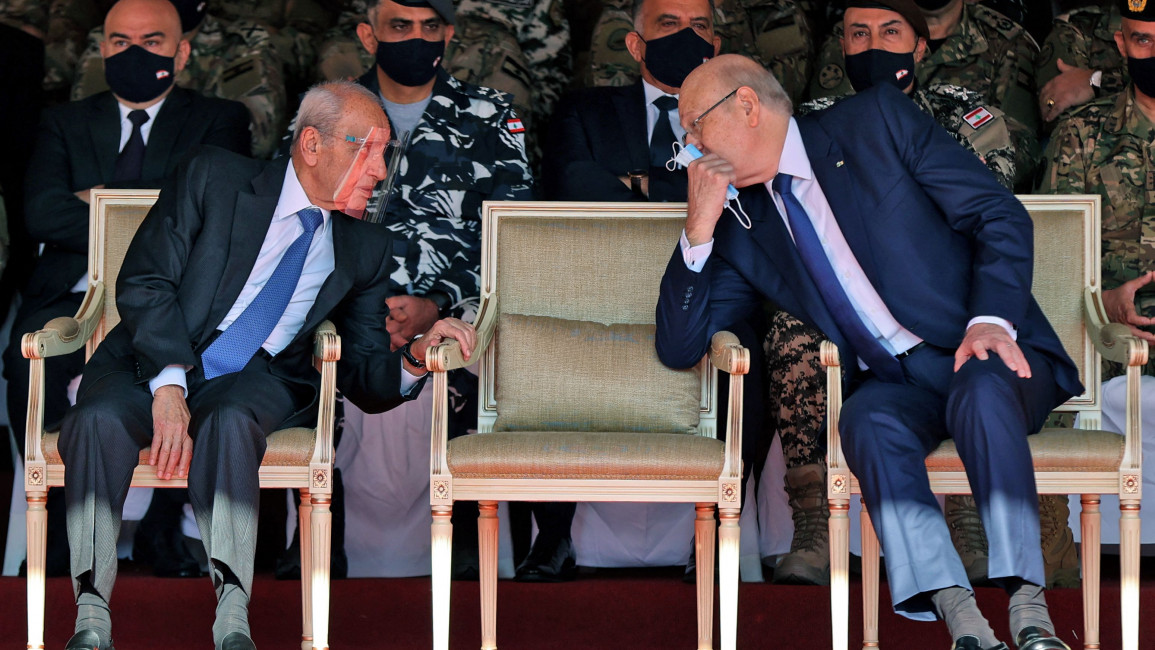Cuckoo clocks: Lebanon politicians quarrel over daylight savings as country crumbles
An absurd political struggle over daylight savings time has erupted in Lebanon after the prime minister without warning announced that the clocks would not be moving forward on Sunday.
Prime Minister Najib Mikati reportedly decided to delay the start of daylight savings time by almost a month on Friday, with no explanation given.
"The clock will be advanced forward by one hour starting from midnight on April 20-21, 2023, the start date of daylight saving time for this year as an exception," the cabinet announced.
|
But leaked footage being shared on social media of a discussion between Mikati and parliamentary speaker Nabih Berri in which the two leaders discuss the issue suggests the decision is linked to Ramadan, the holy Islamic month where Muslims fast from sunrise to sunset.
"Instead of it being 7 o'clock, it will stay 6 o'clock from now until the end of Ramadan. At the end of Ramadan we'll turn back the clock," Berri is heard saying in the footage.
|
The move was met with widespread criticism, including within the political sphere. Gebran Bassil, the leader of the Free Patriotic Movement, said the move was "not acceptable".
Lebanon’s Maronite Church reportedly said it would not comply with the order and would move to summertime at midnight on Sunday.
Two main Lebanese news outlets, LBCI Lebanon and MTV Lebanon News, also stated they would move the clocks forward in defiance of the order.
|
Lebanon’s daylight saving hours are normally aligned with Europe, where clocks will move forward an hour on Sunday.
Many Lebanese on social media have mocked the move, saying it highlighted the gulf between the political priorities and country's deepening crises.
|
Lebanon has suffered a brutal financial and economic meltdown over the past few months, which has seen the rampant devaluation of its currency and led to the savings of millions of Lebanese citizens being wiped out.
On Thursday, the IMF said the country was "at a very dangerous moment", and criticised slow progress on reforms needed to unlock billions in loans.
The country has been without a president since October 2022, and the stagnant political climate allowed the country to plunge further into a crisis that the World Bank has called one of the worst in recent history.



